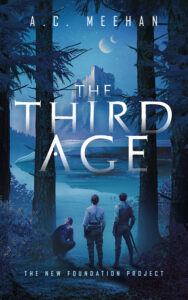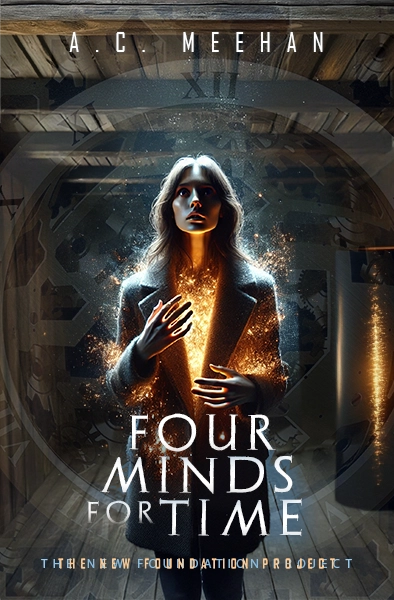- An ancient truth: Seeing the hungry tiger in the distance is better than hearing him in the tall grass behind you.
- An evolutionary consequence: Pictures go straight to the limbic system; words have to be processed by the intellect.
- A modern truth based on an evolutionary consequence: People love TikTok.
The written word seems to be losing ground, and our working vocabulary is shrinking. More and more people choose not to read. I wonder sometimes how that can be true when there are millions of books published every year, and millions of avid readers, but it seems literacy is becoming a choice, a hobby. There will continue to be people who love writing and reading, and there will continue to be people who value punctuation and enjoy spelling bees. I hope there will also continue to be people who love language as an art and cherish words. But more and more, it’s possible to get everything done without bothering with that pesky business of reading and writing.
Handwriting is time-consuming, let’s type. Emails are too long, let’s text. Texting’s tedious, let’s abbreviate everything. LOL. Using letters at all is a bother. Let’s send voice memos to each other through our wristwatches. And you know what, reading is kind of a nuisance. Alexa, read my last message to me.
– J.K. Rowling
If we can navigate all our transactions by speaking and listening, reading and writing become something that some people do “just because,” just like some people use fountain pens and some make sourdough bread at home. AI accelerates the rush to aliteracy; when computers can string words together for entertainment or enlightenment, we can just let them do that and sit back to listen. People are even posting less on social media these days, preferring to consume and react rather than create.
Convenience is so seductive—we seem to constantly push to make things faster and easier. But to what end? So we can spend more time watching videos, many of which don’t do much to bring light into the world? Not that I’m against convenience, mind you. I buy grated cheese and boneless chicken, I like texting my friends, and I’m deeply indebted to any tool that remembers my password for me. When we can avoid things that are difficult or tedious, on balance that is what we do.
It’s also becoming easier and easier to get by with fewer and fewer words. One study found the average American vocabulary is shrinking: “When controlled for educational attainment, the vocabulary of the average U.S. adult declined between the mid-1970s and the 2010s.” For evidence, I submit that it seems many adjectives are being f-bombed out of dialogue these days. (I recently overheard a conversation among strangers discussing one of their colleagues, along the lines of: she’s so f—ing like that, you know, and I’m like, f— this, I don’t need this f—ing s—t, and she’s, like, getting f—ing raises, you know. What the f— is that? It’s f—ed up!” Part of me wanted to turn and tell them it was so f—ing interesting, but figured that wouldn’t go over well.) In the corporate world, we’re advised to write to the 6th-grade level now. A decade ago it was the 8th-grade level, and I thought that was a shame. (It seems a bit of wasted effort since few people read corporate emails anyway!)
So here we are. Despite all our advantages, all our educational efforts, despite the constant addition of new words in our evolving English, we seem to use fewer of them to express ourselves and our thoughts. Words represent concepts, and if we lose the word—especially when it’s replaced with a filler word—might we not begin to lose the concept itself?
I know there are counterarguments to all this—the aforementioned millions of books—and discouraging examples, however distressing, may not prove the thesis. Furthermore, this isn’t new. Ben Franklin, Voltaire, and Mark Twain all had pithy things to say about people not reading. But there are cognitive processes that go with reading and writing that I’d hate to see humanity walk away from. I’ve referenced the studies before about how reading fiction strengthens empathy, and we can’t afford to lose anything that helps with that. Writing helps us understand and share our thoughts by externalizing and stabilizing them long enough for us to consider and reconsider. A wider vocabulary offers more precision, more scope, for sharing ideas effectively. Walking away from reading and writing as a way to make sense of the world and other people strikes me as detrimental to society—and a heartbreaking loss.




